Distant or near, in joy or in sorrow, each in the other sees his true helper to brotherly freedom
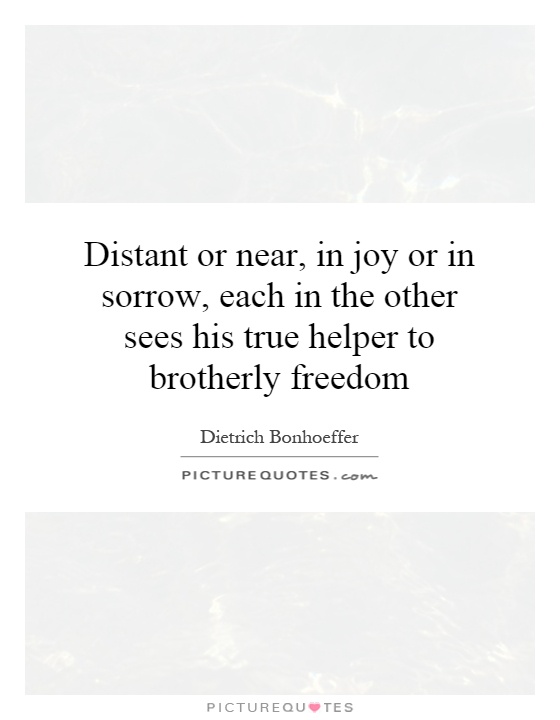
Distant or near, in joy or in sorrow, each in the other sees his true helper to brotherly freedom
"Distant or near, in joy or in sorrow, each in the other sees his true helper to brotherly freedom" is a profound statement that encapsulates the essence of Dietrich Bonhoeffer's philosophy and beliefs. Bonhoeffer, a German theologian and pastor, was a key figure in the resistance against the Nazi regime during World War II. He was a man of great faith and conviction, who believed in the power of community and solidarity in the face of oppression and injustice.For Bonhoeffer, the idea of being a true helper to brotherly freedom meant standing up for what is right and just, even in the face of great adversity. He believed that true freedom could only be achieved through a collective effort, where individuals support and uplift each other in times of need. This sense of interconnectedness and mutual support is at the core of Bonhoeffer's teachings and actions.
In his writings and speeches, Bonhoeffer often emphasized the importance of community and fellowship in the pursuit of freedom and justice. He believed that true freedom could only be achieved through a deep sense of solidarity and empathy towards one another. This idea is reflected in the quote, as it highlights the importance of being there for each other, whether in times of joy or sorrow.
Bonhoeffer's own life exemplified this belief in action. He was actively involved in the resistance against the Nazi regime, and he ultimately paid the ultimate price for his convictions, being executed by the Nazis in 1945. Throughout his life, Bonhoeffer remained steadfast in his commitment to fighting for justice and freedom, and he inspired countless others to do the same.
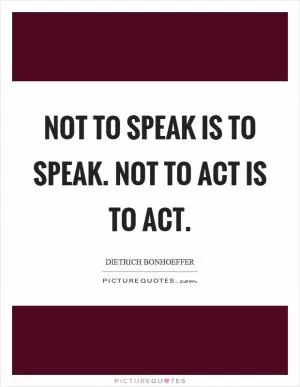
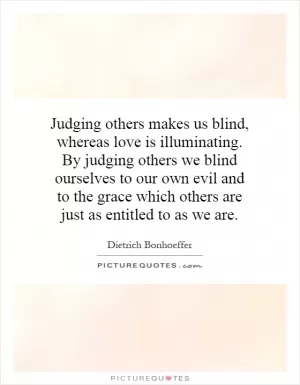

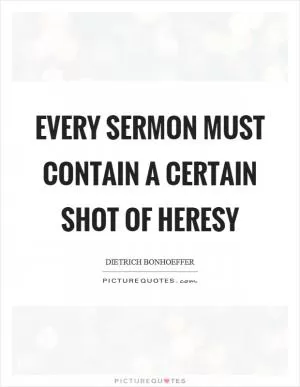

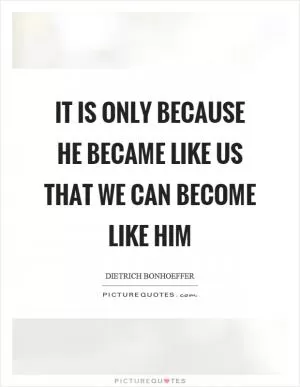
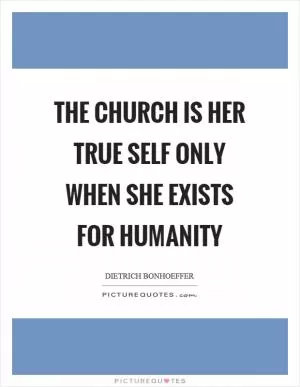
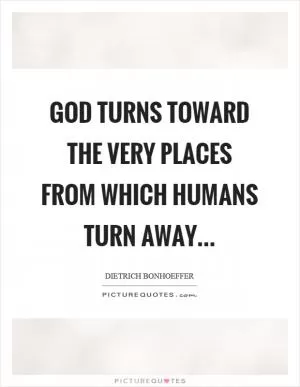

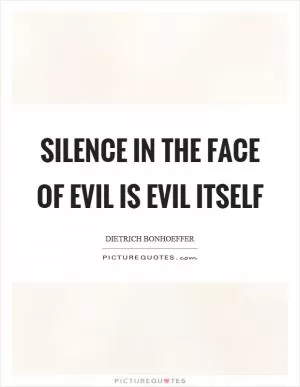

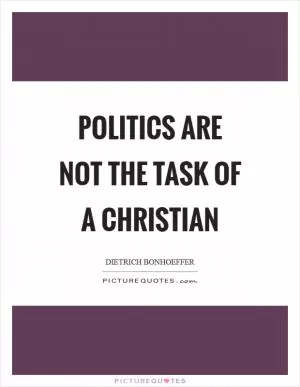
 Friendship Quotes
Friendship Quotes Love Quotes
Love Quotes Life Quotes
Life Quotes Funny Quotes
Funny Quotes Motivational Quotes
Motivational Quotes Inspirational Quotes
Inspirational Quotes